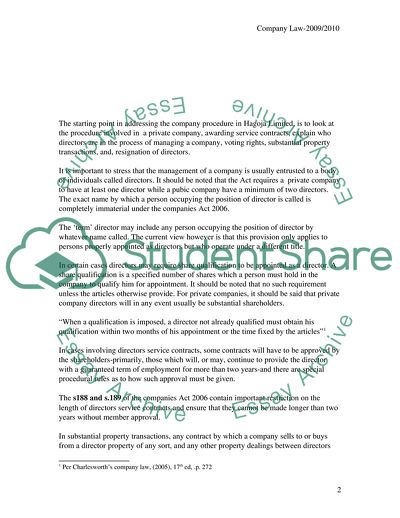Cite this document
(Opportunities and Restrictions of Company Law regarding Hagoja Limited Case Study, n.d.)
Opportunities and Restrictions of Company Law regarding Hagoja Limited Case Study. Retrieved from https://studentshare.org/law/1731408-problem-question-company-law
Opportunities and Restrictions of Company Law regarding Hagoja Limited Case Study. Retrieved from https://studentshare.org/law/1731408-problem-question-company-law
(Opportunities and Restrictions of Company Law Regarding Hagoja Limited Case Study)
Opportunities and Restrictions of Company Law Regarding Hagoja Limited Case Study. https://studentshare.org/law/1731408-problem-question-company-law.
Opportunities and Restrictions of Company Law Regarding Hagoja Limited Case Study. https://studentshare.org/law/1731408-problem-question-company-law.
“Opportunities and Restrictions of Company Law Regarding Hagoja Limited Case Study”. https://studentshare.org/law/1731408-problem-question-company-law.


